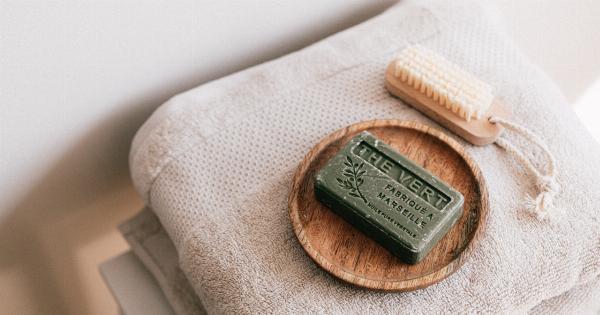Dry eye syndrome is a common condition that affects millions of people worldwide. It occurs when the eyes do not produce enough tears or when the tears evaporate too quickly. This can lead to discomfort, irritation, and vision problems.
While there is no cure for dry eye, there are several strategies that can provide relief and help manage the symptoms. In this article, we will discuss some quick and effective strategies that can help combat dry eye and improve your eye health.
1. Stay Hydrated
One of the simplest ways to combat dry eye is to stay hydrated. Dehydration can worsen dry eye symptoms, so make sure to drink plenty of water throughout the day.
Aim for at least eight glasses of water daily to keep your body adequately hydrated, including your eyes.
2. Use Artificial Tears
Artificial tears are over-the-counter eye drops that can help lubricate the eyes and provide relief from dryness. They are available in different formulations, so it is essential to choose the one that suits your specific needs.
Consult with your optometrist or ophthalmologist to determine the most suitable artificial tears for your condition.
3. Take Regular Breaks
Extended periods of screen time can worsen dry eye symptoms. To combat this, take regular breaks from digital devices, such as computers, smartphones, and tablets.
Follow the 20-20-20 rule – every 20 minutes, look away from the screen and focus on an object 20 feet away for at least 20 seconds. This helps reduce eye strain and gives your eyes a chance to rest and rehydrate.
4. Use a Humidifier
Dry indoor environments can aggravate dry eye symptoms. Using a humidifier in your home or office can add moisture to the air and help prevent eye dryness. Opt for a cool mist humidifier to minimize the risk of airborne allergens and irritants.
5. Avoid Wind and Smoke
Wind and smoke can irritate your eyes and worsen dry eye symptoms. When outdoors, wear wrap-around sunglasses to shield your eyes from wind and protect them from dust and other irritants.
If you are in a smoky environment, try to minimize your exposure or use protective eyewear.
6. Eat a Healthy Diet
A balanced and nutritious diet is not only essential for your overall health but also for your eye health.
Incorporate foods rich in omega-3 fatty acids, such as salmon, tuna, walnuts, and flaxseed, as they can help reduce inflammation and promote tear production. Adding leafy greens, citrus fruits, and colorful vegetables to your diet can also provide important vitamins and minerals for eye health.
7. Blink Frequently
Blinking helps spread tears across the surface of the eyes, keeping them moisturized and preventing dryness. However, we tend to blink less frequently when focusing intently on screens or other activities.
Make a conscious effort to blink frequently throughout the day, especially during prolonged periods of screen time.
8. Keep Eyelids Clean
Dirt, debris, and bacteria can accumulate on your eyelids, leading to eye irritation and dryness. Clean your eyelids gently using a mild cleanser or baby shampoo to remove any buildup.
Be sure to rinse thoroughly and avoid getting cleanser directly in your eyes.
9. Protect Your Eyes
Environmental factors, such as sun exposure and dusty conditions, can worsen dry eye symptoms. Wear sunglasses that provide 100% UV protection when outdoors, even on cloudy days.
Consider using wrap-around goggles or protective eyewear if you are engaging in activities that may expose your eyes to dust, wind, or other irritants.
10. Consult an Eye Care Professional
If your dry eye symptoms persist or worsen despite trying these strategies, it is essential to consult an eye care professional.
They can assess your condition, determine any underlying causes, and recommend specific treatments or interventions tailored to your needs. Whether it’s prescription eye drops, punctal plugs, or other advanced treatments, an eye care professional can provide personalized guidance for managing your dry eye symptoms effectively.





























